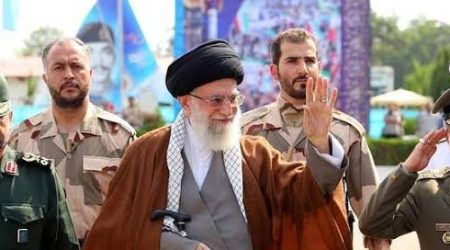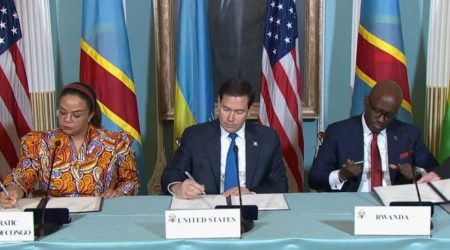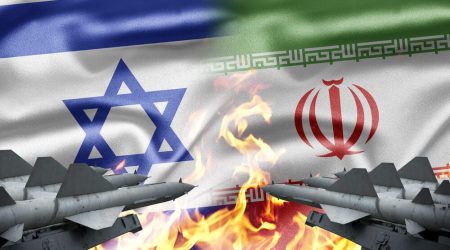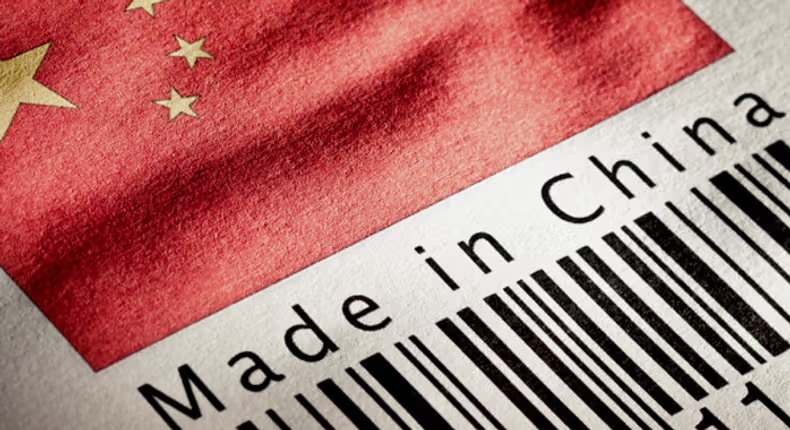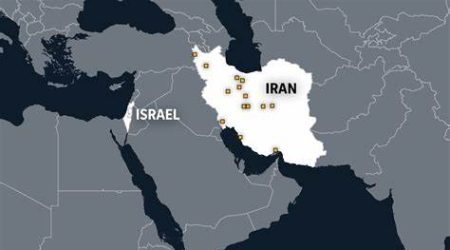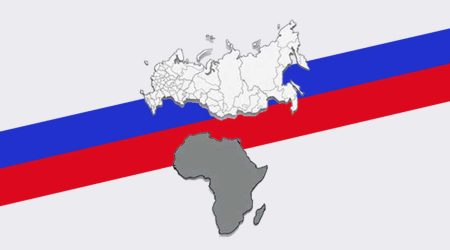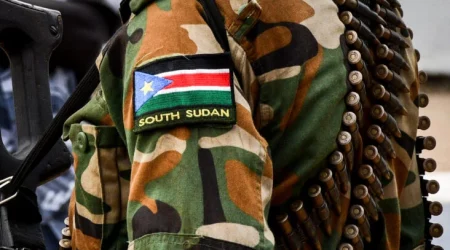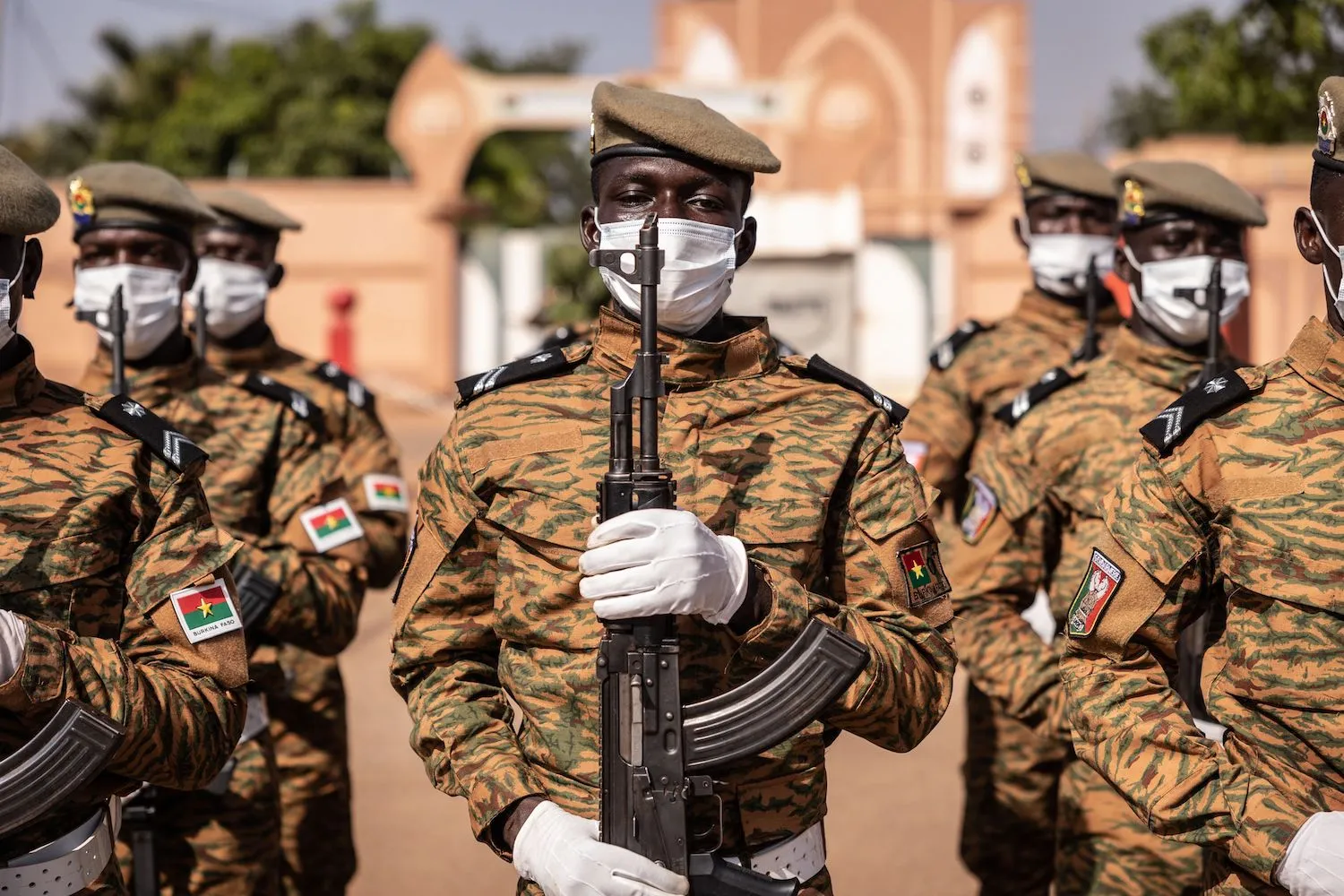
5
May
Moral Posturing or Power Play? U.S. Claims Against Burkina Faso and the Legacy of Extraction
The familiar script of powerful nations expressing concern over the internal affairs of less powerful ones is once again playing out on the global stage. This time, the focus is Burkina Faso. Recent allegations by General Michael Langley of U.S. AFRICOM, accusing the Traoré-led government of misusing gold revenues, warrant a deeper and more critical analysis – one that acknowledges the historical baggage of Western engagement in Africa and interrogates the underlying motivations behind such moral pronouncements. For many, particularly those attuned to neocolonial dynamics, the sudden U.S. concern rings hollow – especially when contrasted with decades of Western silence during the unchecked exploitation of African resources by their own allies.
To understand the present, we must revisit the past. The long shadow of resource exploitation by Western powers looms large. For centuries, African wealth was extracted with little regard for local development. Burkina Faso – formerly Upper Volta – was central to this system under French colonial rule, which prioritized resource extraction for metropolitan gain. Even after independence in 1960, France retained deep economic interests, particularly in gold mining. Throughout this period, there was no significant U.S. outcry over the distribution of resource wealth. On the contrary, the Cold War alliance between the U.S. and France often saw the former turn a blind eye to exploitation in exchange for geopolitical stability. That context raises a fundamental question: are the current U.S. accusations truly motivated by concern for the Burkinabè people – or are they a reaction to Burkina Faso’s shifting alliances, especially with China?
General Langley’s testimony before the Senate Armed Services Committee on April 3, 2025, suggested that gold revenues and Chinese loans were being used to entrench Captain Ibrahim Traoré’s rule rather than benefit the public. Burkina Faso’s government, however, swiftly denounced the claims as “regrettable” and “gravely inaccurate.” The Ministry of Foreign Affairs criticized the U.S. for making sweeping statements unsupported by public evidence. Their pushback is not simply defensive – it underscores a broader frustration with narratives that appear designed to delegitimize African sovereignty, particularly as Burkina Faso moves to nationalize mines and establish domestic gold refining. Such moves, fundamental to asserting economic independence, are often perceived by Western powers as threats to long-established influence.
As a sovereign state, Burkina Faso has the right to determine its own economic path. The U.S., despite its claims to moral leadership on governance and anti-corruption, frequently faces skepticism due to its inconsistent application of these values – especially in regions where strategic interests take precedence over democratic ideals. For many African observers, the image of the U.S. lecturing African nations on corruption is laced with irony, given its historical support for compliant yet repressive regimes that aligned with its geopolitical objectives.
This skepticism was echoed strongly by the Economic Freedom Fighters (EFF), a radical leftist, pan-African movement, which denounced the U.S. accusations as part of a broader pattern of Western interference aimed at destabilizing African countries pursuing resource sovereignty. The EFF’s vocal support for Captain Traoré is rooted in a wider continental push for economic decolonization and self-determination. Their criticism underscores a rising pan-African consciousness that views Western concern as often self-serving and selective.
Indeed, the metaphor of “harvesting in someone else’s garden” captures the enduring legacy of Western enrichment at Africa’s expense. The silence of the U.S. during the long years of gold extraction under colonial and postcolonial regimes – and its vocal opposition only now, when new global actors are welcomed by African governments – reveals the inconsistency at the heart of its foreign policy narrative.
Equally telling is the cautious response – or lack thereof – from regional organizations like the African Union and ECOWAS. Unlike the vocal debate that preceded the 2011 NATO intervention in Libya, the current allegations against Burkina Faso have elicited diplomatic silence. This may reflect wariness about repeating past missteps, as well as a recognition of shifting regional alignments. Burkina Faso, along with Mali and Niger, now forms the Alliance of Sahel States – a bloc that openly challenges ECOWAS’s authority. As West Africa reconfigures itself geopolitically, these bodies are reluctant to appear as mouthpieces for external interests.
The parallels between Libya and Burkina Faso are troubling. In both cases, the West has deployed narratives about leaders being “a threat to their own people” as a pretext for intervention. Today, as Traoré courts closer ties with Russia, a strategic rival to the U.S., concerns about governance may serve as a convenient veil for more calculated power plays. The charge that gold revenues are being used to entrench the military regime sounds eerily familiar to the arguments once used to justify destabilizing Libya – a country still mired in chaos more than a decade later.
The protests in Ouagadougou, where citizens rallied against potential U.S. interference, speak volumes. For many Burkinabè, Traoré represents hope for a new African path – one that prioritizes dignity, sovereignty, and self-reliance. It is a striking pattern: when African leaders seek true independence and challenge foreign dominance, they often become sudden targets of international scrutiny. Meanwhile, leaders with troubling human rights records, like Cameroon’s Paul Biya or Nigeria’s Bola Tinubu, frequently escape censure so long as they remain aligned with Western interests.
In short, the U.S. allegations against Burkina Faso must be understood in the broader historical and geopolitical context. They raise critical questions about the double standards of global governance, the legacy of neocolonial influence, and the real motivations behind foreign “concern.” Africa’s path to sovereignty will not be paved by Western approval, but by steadfast leadership, regional solidarity, and a rejection of the paternalistic frameworks that have long defined international relations.
For Africa to achieve true liberation, its leaders must be allowed to govern without undue interference. Criticism must be grounded in transparency and respect – not as a means to reassert control, but as a tool for mutual accountability. Until then, the West’s moral proclamations will continue to be viewed with suspicion, and its interventions – whether rhetorical or material – will risk undermining the very values they claim to uphold.
By Tsegaab Amare, Researcher,Horn Review

